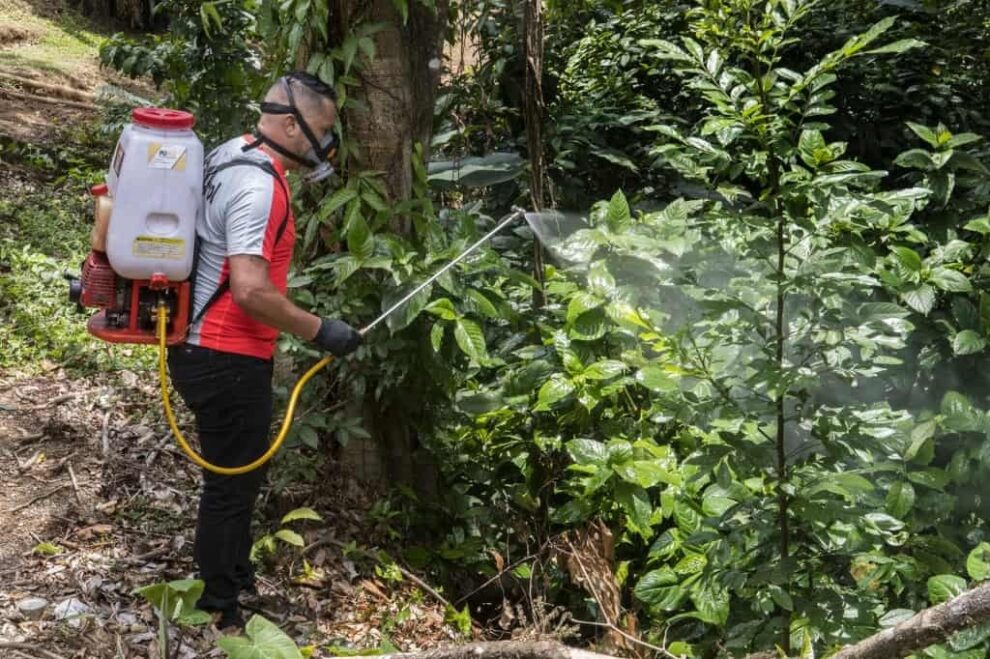The Costa Rica Ministry of Health has recently reported a significant increase in dengue cases, emphasizing the importance of taking preventive measures to combat this mosquito-borne disease. With the rainy season approaching and an alarming rise in cases compared to the previous year, it is crucial for individuals to be aware of the risks and actively contribute to controlling the spread of dengue.
Understanding the Situation
From May 21 – 27, the number of dengue cases rose by 28% compared to the same period last year. A total of 2,070 cases were reported, indicating a concerning upward trend. Health authorities have issued warnings, highlighting the need for the population to remain vigilant and implement preventive measures to curb the spread of the disease.
Prevention is Key
To effectively combat dengue, the Ministry of Health has recommended several preventive measures. First and foremost, citizens are urged to eliminate potential breeding sites, such as containers, buckets, and animal water troughs. Additionally, using mosquito repellent on exposed skin, wearing long-sleeved shirts and long pants, and utilizing mosquito nets can significantly reduce the risk of mosquito bites. Proper storage or disposal of unused tires is also advised to prevent them from becoming breeding grounds for mosquitoes.
Control Measures in Action
In response to the dengue outbreak, health authorities have been proactive in implementing control actions. Inspectors have visited over 300,000 houses, treating and eliminating breeding sites. Furthermore, vacant lots and deposits have been thoroughly inspected and treated, and extensive fumigation efforts have been carried out in nearly 300,000 homes. Health experts have also been actively educating the public about the risks associated with dengue and providing guidance on appropriate courses of action if infected.
Collaboration is Key
The Ministry of Health stresses the importance of collective responsibility in the fight against dengue. While health officials continue their control and mitigation efforts, it is imperative for everyone to take personal responsibility in implementing preventive measures. Dengue prevention should not be viewed in isolation; it is crucial to address other diseases such as Zika and Chikungunya simultaneously.
Recognizing Symptoms
To identify potential dengue cases, individuals should remain vigilant and watch for symptoms such as high fever, severe headache, muscle and joint pain, nausea and vomiting, and pain behind the eyeballs. These symptoms may appear within 3 to 7 days after being bitten by an infected mosquito and can last up to 14 days. Prompt medical attention should be sought if any of these symptom’s manifest.
With the increasing number of dengue cases in Costa Rica, it is evident that preventive measures and collective action are paramount in combating the spread of this mosquito-borne disease. By eliminating breeding sites, using mosquito repellents, and staying informed about symptoms, everyone in Costa Rica can contribute to the overall effort of reducing the incidence of dengue.
Let us work together to protect ourselves and our communities from the risks associated with dengue and other mosquito-borne illnesses.
Source : Ticotimes





































